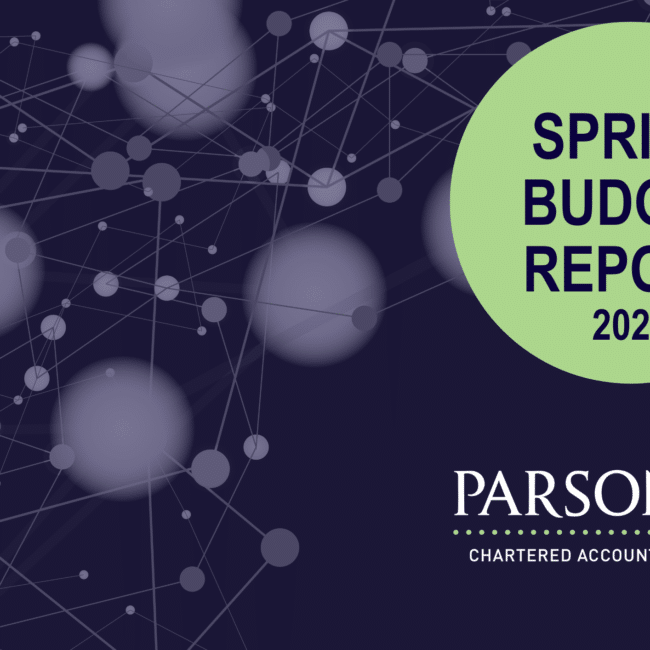
What Is a Trust? A Quick Guide
What Is a Trust? A Quick Guide
We hear the question “what is trust?” a lot in our field, so we’ve put together a quick guide to explain exactly what a trust is, who they’re for and how they work.
what is a trust?
A trust is a type of legal arrangement which can be utilised to help you manage various aspects of your finances, such as:
- Assets
- Your estate
- Charitable donations
- Personal taxation
- Inheritance
When you take out a trust, you (the Settlor) agree to let someone else (the Trustee) manage your finances and assets on your behalf, for the benefit of one or more beneficiaries. Often Trustees are trusted family members or friends, but they can also be professionals such as lawyers or accountants to ensure all decisions are made in the best interests of the beneficiaries. You get to set the rules for how your trust is managed, and who will benefit from it. Beneficiaries can be more than one person, they often include:
- Your spouse
- Your children
- Your grandchildren
- A charitable organisation
A trust can span many generations, and they’re fully confidential – so only you, your Trustee(s) and anyone you decide to tell will know how your transfer of wealth has been apportioned.
Reasons to set up a trust
A trust can satisfy a range of financial planning purposes, it can provide flexible, financial protection for your loved ones, making sure that your estate passes to those you want it to, in a tax efficient way.
Here are some of the key reasons people set up a trust:
Can a trust control the transfer of my assets?
Trusts allow you to pass on assets such as investments, property and cars to your chosen beneficiaries. These assets can be passed on as a result of your passing, or while you’re still alive. A trust lets you keep control over the assets you place in it. For example, if a person remarries but has children from previous relationships. A Trust can ensure that their second spouse is taken care of for the rest of their life, after which the money will pass to their children.
Can a trust mitigate or reduce my tax bill?
There are various types of trust, and each is subject to differing income tax, capital gains tax and inheritance tax. The rates and allowances vary according to the type of trust and how the beneficiaries stand to benefit from it.
Can a trust help me with managing my affairs?
A trust can support you in managing your affairs if you become unable to do so, for example in the event that you become disabled or incapacitated before your death. The trustee can take over managing your affairs and those of any beneficiaries you are providing for. Having a living trust and choosing your trustee avoids a situation where the courts must appoint one on your behalf, which be a slow, complex and costly process.
Can a trust protect family assets?
A trust is a great way to protect family assets for the next generation and those that come after them if you wish – and the way your funds are dispersed can be organised according to each subsequent generation. A trust can also protect your life insurance proceeds from taxation upon your death, leaving your family more inheritance to help them after you’re gone.
Can a trust safeguard my beneficiaries?
Some people opt to set up a trust in order to ensure that their beneficiaries have some assistance in managing their ‘gifts’. This could be due to their age – where the trust is held until they’re old enough to manage their own financial affairs – or it could be due to other limitations that cause someone to be unable to handle them (such as mental health conditions) and needs some ongoing support. You set the criteria, and your Trustee will take care of the rest.
Can a trust mitigate probate delays?
As a trust is separate from your estate, your trustees can immediately access any money held in it in order to pay the inheritance tax bill and probate fees which are required before your assets can be distributed as instructed in your will.
Placing your finances and assets in a trust can mitigate the often stressful and costly probate process, whilst affording your greater control than a will, for distributing your estate as you intended. This can make a trust a good option if your situation is complex, or you suspect that your will may be contested.
Advice on trusts
While it’s true to say that the tax benefits of trusts have been stripped away to some degree in the UK, they still have plenty to offer in terms of asset protection and management.
So now you know the basics of a trust, you may feel it’s worth looking into how a trust could work for you. For advice without obligation, contact our tax experts for personalised advice.







